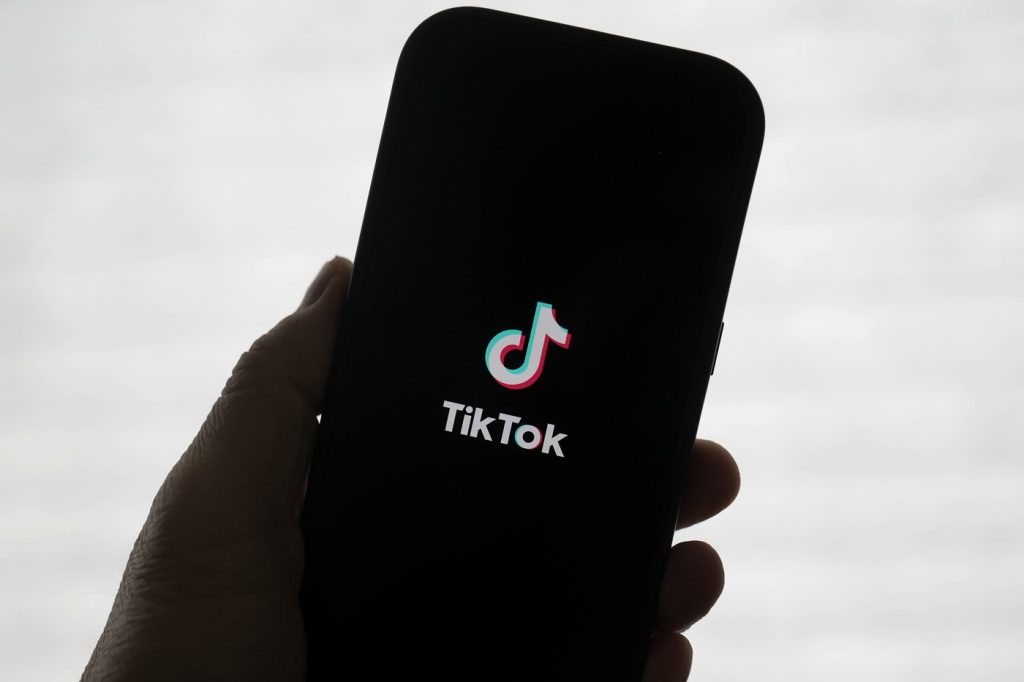OTTAWA — Today marks a significant moment as federal and provincial privacy authorities are set to unveil the findings of their joint investigation into TikTok. The results will be shared during a news conference in Ottawa at 1 p.m. E.T. This inquiry was initiated in 2023 and aims to assess TikTok's compliance with Canadian privacy legislation.
The primary focus of the investigation is to determine whether TikTok is obtaining “valid and meaningful” consent from users regarding the collection, use, and disclosure of their personal information. This aspect of the inquiry is crucial, as it reflects on how the platform interacts with its user base and adheres to legal frameworks intended to protect user privacy.
In addition to consent, the privacy watchdogs will examine TikTok's transparency obligations. This includes how clearly the platform communicates its privacy practices to users, especially those pertaining to data handling and user rights. The investigation also pays particular attention to the implications of TikTok’s privacy practices on children and youths, a demographic that frequently engages with the platform.
Previously, in response to escalating privacy and safety issues, the federal government made a decisive move last year by ordering the dissolution of TikTok’s Canadian operations. This action was the result of a national security review targeting ByteDance, the Chinese company that owns TikTok. The decision underscored the growing concerns regarding the platform's data practices and potential misuse of information, as well as the influence of Chinese national security laws. These laws require Chinese companies to assist in governmental intelligence operations, which fuels apprehension surrounding TikTok’s data handling practices.
As public awareness of data privacy rises, users increasingly seek reassurance that their personal information is not only collected responsibly but also protected from overreach or exploitation. Concerns linger that TikTok's operational protocols may conflict with the expectations of Canadian users, particularly in light of the platform's substantial youth audience.
In conclusion, the findings of this joint investigation will be pivotal in shaping the future of TikTok's operations in Canada. The outcome may also influence ongoing discourse regarding digital privacy rights and the responsibilities of social media companies in safeguarding user information. As the authorities prepare to disclose their results, many are poised to see how regulatory oversight will evolve in response to the challenges presented by rapidly advancing technology amid pressing privacy concerns.










